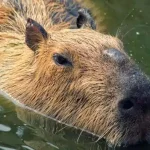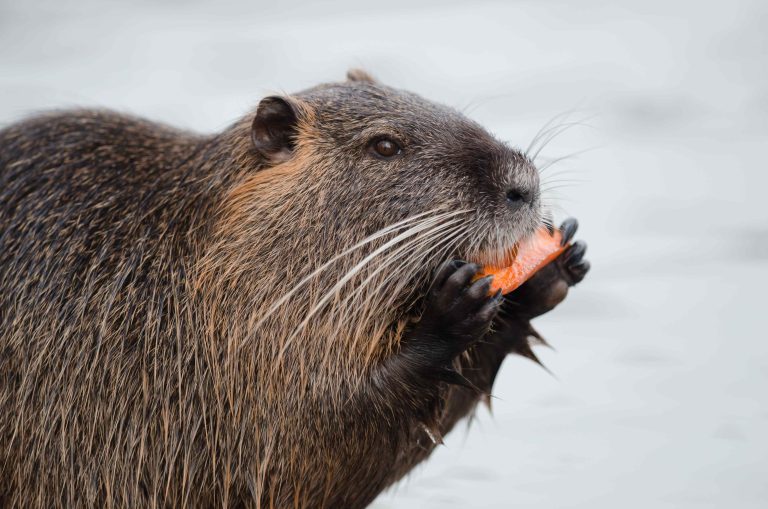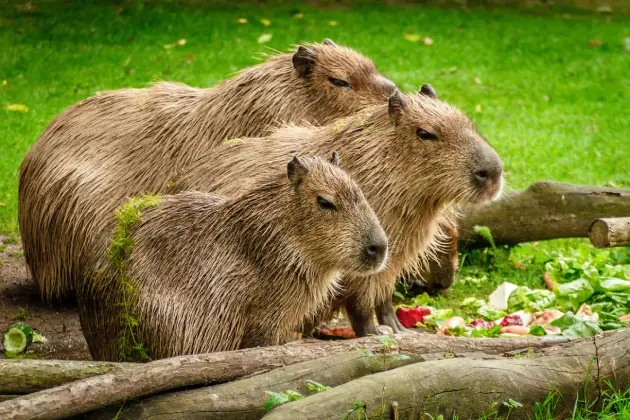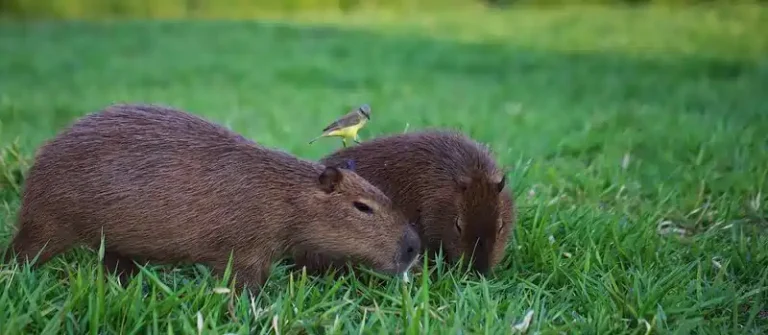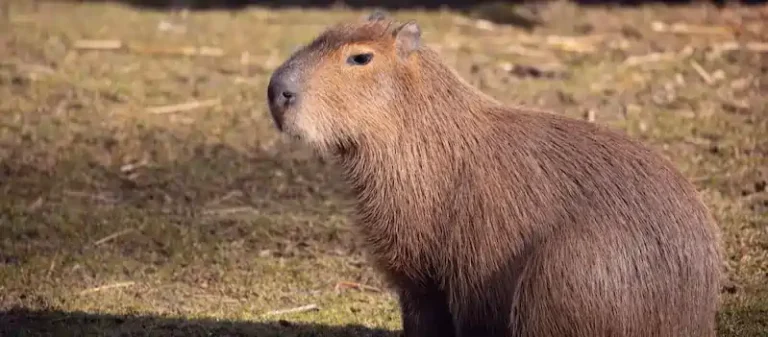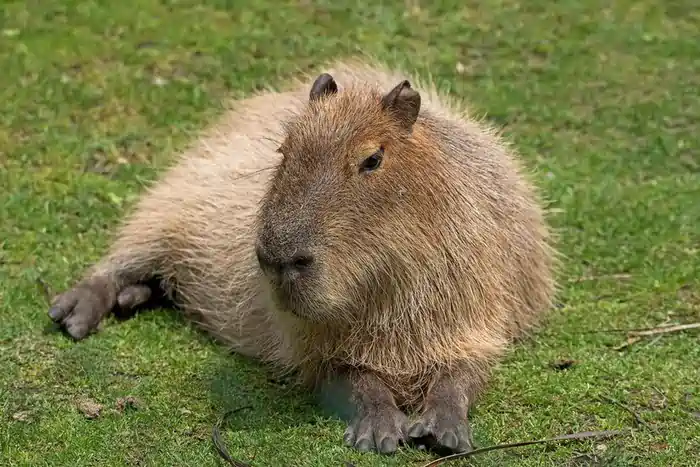
Capybaras are gentle and friendly creatures that have captured the hearts of many pet enthusiasts worldwide. These large rodents, native to South America, are known for their calm and social behavior. But before you decide to bring a capybara into your home, it is important to understand the laws surrounding their ownership, especially if you live in Pennsylvania. In this article, we will explore whether it is legal to own a capybara in Pennsylvania, the requirements for keeping one, and the considerations you need to be aware of before deciding to adopt a capybara.
What Is a Capybara?
Before delving into the legalities of owning a capybara, it’s important to understand what a capybara is and what makes them unique. Capybaras are the largest rodents in the world, weighing up to 140 pounds and measuring about 4 feet in length. These creatures are semi-aquatic and are known for their social nature, often living in groups in the wild. They are herbivores, feeding on grasses, fruits, and aquatic plants.
Capybaras are highly social animals that thrive in environments where they have ample space to roam and interact with others. In the wild, they are often seen in groups near bodies of water, where they enjoy swimming and bathing. They are friendly, gentle, and affectionate, making them great companions for those who can meet their needs.
Can You Own a Capybara in Pennsylvania?
Now that you understand what a capybara is, let’s explore whether it is legal to own one in Pennsylvania. The good news is that in Pennsylvania, there are no specific statewide laws prohibiting the ownership of capybaras. This means that, generally speaking, you can own a capybara in Pennsylvania. However, as with any exotic pet, there are certain legal and practical considerations you need to be aware of before bringing one into your home.
Local Laws and Ordinances
While Pennsylvania does not have a state law banning the ownership of capybaras, it’s important to note that local ordinances or city-specific regulations might impose restrictions. Some cities or municipalities may have laws that limit the types of exotic animals that can be kept as pets. Therefore, before deciding to adopt a capybara, you should check with your local animal control or government office to ensure there are no additional restrictions in your area.
Exotic Animal Permits
In Pennsylvania, you might need an exotic animal permit to own a capybara, depending on the local laws. Some municipalities require pet owners to apply for permits to keep certain exotic pets, including capybaras. These permits are usually issued after a thorough review, which may include ensuring that the pet’s living conditions meet specific requirements, such as having enough space and proper enclosures.
Before getting a capybara, it is advisable to contact your local animal control office or state wildlife agency to inquire about any permits or licenses you may need.

Requirements for Owning a Capybara in Pennsylvania
Owning a capybara requires much more than simply bringing one into your home. These animals have specific needs that must be met to ensure they live happy and healthy lives. Here are some important considerations when owning a capybara:
Space Requirements
Capybaras are large animals and require plenty of space to roam. They are semi-aquatic, meaning they need access to water where they can swim and cool off. A large, securely fenced yard is essential for capybara ownership. Ideally, you should have an outdoor space that allows them to roam freely, as well as a pond or large pool where they can swim.
Because capybaras are social animals, it is also recommended to have at least two capybaras if possible. They thrive in groups and are much happier when they have companionship, either from other capybaras or from humans.
Diet and Health Care
Capybaras are herbivores, so their diet consists mainly of grasses, fruits, vegetables, and aquatic plants. It is important to provide them with a balanced diet to maintain their health. You can offer them a variety of fresh hay, leafy greens, and fruits such as apples or carrots. Make sure they always have access to fresh water to drink and swim in.
Like all pets, capybaras need regular health check-ups. You will need to find a veterinarian who specializes in exotic animals to ensure that your capybara stays healthy. They require routine vaccinations and check-ups to monitor for any potential health issues.
Socialization and Interaction
Capybaras are incredibly social animals. In the wild, they live in groups, so it is important to provide them with plenty of social interaction. If you plan to own a single capybara, you must spend significant time bonding with it. However, it is highly recommended to adopt at least two capybaras so they can interact with each other.
Capybaras are affectionate and enjoy spending time with their human companions. They can form strong bonds with their owners and may even enjoy petting or being scratched. However, it is important to note that they need plenty of space to roam and cannot be confined to small enclosures for extended periods.
Enclosure and Safety
Since capybaras are large animals that require a lot of space, you will need to provide them with a proper enclosure. A large, fenced area is necessary to keep them safe from predators and ensure that they do not wander off. The enclosure should also provide them with access to water, as they love to swim.
Additionally, capybaras are herbivores and may try to chew on plants or items within their enclosure. It is important to ensure that the enclosure is safe and free from any hazardous materials.
Benefits of Owning a Capybara
While owning a capybara may come with its challenges, there are many benefits to having these gentle creatures as pets. Capybaras are known for their calm and affectionate nature, making them great companions for families. They can form strong bonds with their owners and are often described as being very loving and loyal.
Having a capybara can also be a great educational experience, especially for children. Kids can learn about animal care, responsibility, and respect for wildlife. Additionally, capybaras are unique and entertaining animals that will certainly capture the attention of guests and visitors.
Conclusion
In conclusion, you can legally own a capybara in Pennsylvania, but it is important to be aware of any local regulations that may apply. Owning a capybara requires a commitment to providing the right environment, diet, and social interaction to keep them happy and healthy. These social and affectionate animals can make wonderful pets for those who are willing to meet their needs. If you are considering adopting a capybara, be sure to check with your local authorities and prepare for the responsibilities involved in caring for such a unique pet.
At Capybara Pet Info, we aim to provide you with the information you need to make informed decisions about owning a capybara. Whether you’re in Pennsylvania or another state, it’s important to understand the requirements for keeping these special animals and to make sure you’re fully prepared for the commitment.
FAQs
1. Is it legal to own a capybara in Pennsylvania?
Yes, it is generally legal to own a capybara in Pennsylvania. However, local regulations and permits may apply, so it’s important to check with your local authorities.
2. Do I need a permit to own a capybara in Pennsylvania?
While there is no state law requiring a permit, some local municipalities may require a permit to own a capybara. Check with your local animal control or government office to ensure compliance with any laws.
3. How much space do capybaras need?
Capybaras need a large outdoor area with access to water for swimming. Ideally, they should have a fenced yard and a pond or large pool to swim in.
4. What should I feed my capybara?
Capybaras are herbivores and should be fed a diet of hay, leafy greens, fruits, and vegetables. Fresh water should always be available for both drinking and swimming.
5. Can I keep just one capybara as a pet?
While it is possible to keep a single capybara, it is recommended to keep at least two to ensure they have companionship. Capybaras are social animals and thrive in groups.




